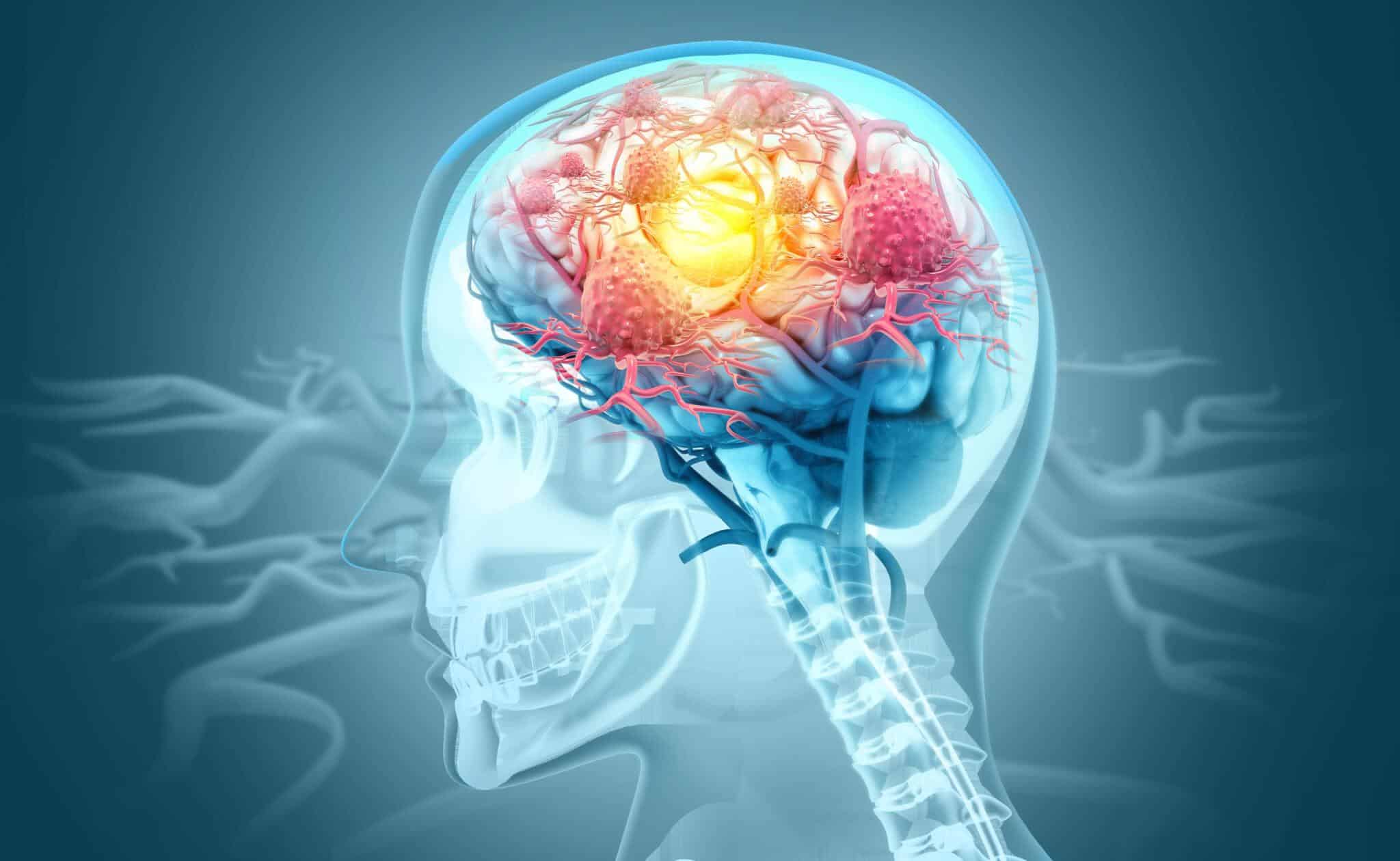- Home
- About Us
- Book Appointment
- Treatments
- Alzheimer’s Disease
- Anti-Aging
- Autism
- Autoimmune Disorders
- Back Pain
- COPD
- Crohns Disease And Ulcerative Colitis
- Erectile dysfunction and Penis enlargement
- Fibromyalgia
- Hip Pain
- Knee Pain
- Lupus
- Lyme Disease
- Multiple Sclerosis
- Muscular dystrophy
- Parkinsons Disease
- Peripheral And Diabetic Neuropathy
- Post Cancer Treatments
- Post Stroke Recovery
- Psoriasis
- Rheumatoid Arthritis
- Shoulder Pain
- Join The Club
- Aesthetics
- Blog
- Contact Us
Stem Cell Therapy For Multiple Sclerosis
We, at Life Altering Stem Cell Therapy Institute, recommend using mesenchymal stem cells derived and expanded from Wharton’s Jelly of the human umbilical cord for treating Multiple Sclerosis as well as other neurological disorders. In this condition, the body’s immune system, instead of protecting the body from hostile foreign invaders, starts attacking the healthy cells of the nervous system. This leads to inflammation, loss of balance, coordination issues, vision problems, tremors, fatigue, and more. If you are experiencing any of these symptoms, it is best to speak to our medical professionals and seek the right treatment plan for your condition.
Know More About Multiple Sclerosis
Autoimmune diseases like Multiple Sclerosis can have a severe impact on your daily life. Discover in detail about multiple sclerosis and stem cell therapy here.
Multiple Sclerosis (MS) is an abnormal immune-mediated chronic condition where the immune system mistakenly targets healthy tissue within the central nervous system. In the case of multiple sclerosis, the immune system’s attack on the protective myelin sheath (insulating layer around the nerves, including the brain and spinal cord) results in damage. It impairs the central nervous system’s ability to communicate effectively with the rest of the body.
Over time, this process can lead to the degeneration of nerves, potentially causing permanent damage. Globally, MS affects more than 2.5 million individuals, with the majority of diagnoses occurring between the ages of 20 and 50, although it can occur to anyone at any age.
In general, there are four types of MS diagnosed in patients.
- Relapsing-remitting multiple sclerosis (RRMS) – Patients go through phases of MS relapses and then stable periods and this keeps on repeating.
- Secondary-progressive multiple sclerosis (SPMS) – When the complications resulting from an exacerbation persist incompletely during remission, a condition encountered in individuals initially is identified as relapsing-remitting multiple sclerosis (RRMS).
- Primary-progressive multiple sclerosis (SPMS) – This type of MS does not have any episodes of remission and progresses over time.
- Progressive-relapsing multiple sclerosis (PRMS) – In this case, the symptoms escalate over time with the occurrence of remission intermittently.
Multiple sclerosis stem cell treatment is considered a glimmer of hope for patients because stem cells not only give them relief from the persistent symptoms but also prevent the immune system from attacking their central nervous system.
Multiple sclerosis is a chronic condition and a prolonged illness. It is a debilitating autoimmune disease characterized by enduring symptoms. Individuals with MS may experience the following symptoms:
- Sensation and speech problems
- Difficulty in breathing and swallowing
- Loss of balance and coordination
- Extreme fatigue
- Dizziness and weakness
- Muscle spasms
- Numbness
- Tremors and seizures
- Visual impairment
- Memory and concentration problems
- Hearing loss
- Bladder and bowel complications
- Sexual dysfunction
- Emotional disturbances
The cause of Multiple sclerosis remains still unknown. In the case of MS, the breakdown of the immune system leads to the destruction of the fatty substance (myelin) that surrounds and protects nerve fibers in the brain and spinal cord. Myelin can be described as insulation covering nerves. When this protective myelin is damaged, and the nerve fiber is exposed, the transmission of signals along that nerve may be slowed or obstructed. Additionally, the nerve itself may suffer damage.
The reasons why MS develops in some individuals and not in others are unclear. Although research is still going on to identify the exact cause, a combination of genetic and environmental factors seems responsible. The primary risk factors that contribute to the development of MS in individuals are –
- Age – Anyone can start experiencing symptoms of MS, but typically people aged between 20 and 40 years have more likelihood of getting affected.
- Sex – Women of all age groups bear 2 to 3 times more risk than men of developing Relapsing-remitting multiple sclerosis (RRMS).
- Family History – If one of your parents or grandparents has had MS, you are more likely to develop MS because of genetic inheritance.
- Climate – Countries or regions with temperate climates have been observed to have more individuals being affected by MS like Canada, north of the United States, Europe, Australia, and New Zealand.
- Vitamin D – Low exposure to sunlight means low levels of Vitamin D and this can be the reason for developing MS.
- Obesity – It has been observed that obesity and MS have a close connection with each other because adolescent obese females are more prone to the risk of getting MS.
- Smoking – Cigarette smokers have greater risks of experiencing symptoms of MS compared to non-smokers.
Diagnosing MS poses challenges because of the absence of any definitive test to verify and confirm its existence. However, any specialized neuro expert can identify it by reviewing the patient’s medical history, and symptoms, and conducting various examinations such as MRI tests for the brain, and several blood tests for comprehensive evaluation.
Also, detailing your symptoms and a comprehensive health history in our online patient application form enables our doctors to assess your eligibility for Stem cell therapy for multiple sclerosis. If you are experiencing any symptoms of MS, you are immediately advised to schedule a free consultation with our medical team and get personalized care and treatment.
The effectiveness of using stem cells for Multiple Sclerosis treatment is very high because these cells possess the remarkable ability to transform into various cell types which aid in the repair and regeneration of damaged nervous tissue. They can modulate the immune response, mitigating inflammation and preventing further nervous system damage. Our experienced team collaborates with you to create a personalized treatment plan, incorporating cutting-edge stem cell treatment for optimal health and wellness.
The benefits of using human umbilical cord tissue-derived mesenchymal stem cells (HUCT-MSCs) are:
- 10 times more stem cells supply than bone marrow or adipose-derived stem cells.
- In HUCT-MSCs, there is no cell rejection and no Human Leukocyte Antigen (HLA) matching required.
- HUCT-MSCs have a higher proliferation than adult autologous stem cells.
- Rapid cell regeneration due to the adaptability of fresh stem cells isolated from the umbilical cord of new births.
- These cells are new cells completely unaffected by aging or environmental toxins.
- Multiple administrations over days are possible with umbilical cord stem cells.
- It eliminates the pain and discomfort a patient goes through when stem cells are derived from fat or hip bone.
Our cutting-edge stem cell procedure comprises multiple stem cell administrations spanning three to four days. The process of infusing stem cells into your body can be intravenous infusions along with perilymphatic injections. This unique combination is followed by our experienced specialist to harness the regenerative potential of these stem cells in the best possible way.
In addition to this, to optimize the therapeutic impact and accelerate the healing and recovery process, we provide constant support in the form of regular follow-ups and advice post-treatment.
With our state-of-the-art stem cell treatment for Multiple Sclerosis, you can embrace a transformative journey toward wellness. Our holistic approach and targeted delivery of stem cells alleviate symptoms like headaches, seizures, and cognitive impairment. Our therapy aims to address the underlying condition and bring a life-changing impact on a patient’s life.
Mesenchymal stem cells (MSCs) possess immune-regulatory properties that could halt the immune system’s attack on the myelin sheath. Additionally, MSCs hold the potential to contribute to the remyelination and promote the regeneration of the affected neurons’ myelin sheath.
Administering umbilical cord mesenchymal stem cells over multiple days is deemed safe for individuals with MS. Notably, this approach demonstrated potential improvements in patients such as walking ability, energy levels, upper extremity physical function, fatigue, bladder, bowel, and sexual function, overall perception of positive health changes, and enhanced quality of life.
We take great pride in being Mexico’s leading stem cell therapy institute prioritizing the safety, honesty, and well-being of our patients. Our treatment protocols are exclusively administered by top experts with a specialization in stem cells for MS. With their in-depth knowledge of this autoimmune condition and superior treatment quality, we ensure quick healing and relief for our patients.
Also, transparency is of paramount importance to us and we sincerely inform patients that not everyone qualifies for our stem cell treatments. Although at our core, we aim to instill hope, we never give false promises to anyone. Our personalized treatment plans for each patient combined with the compassionate hands and expertise of our doctors, particularly builds trust in our patients.
A diverse range of factors influence the overall cost of stem cell treatment For MS. These include –
- Patient’s Body Mass Index (BMI)
- Patient’s medical history
- The required number of stem cell administration
- Pre-treatment tests
If you want to know a precise figure, you can reach out to our support team at Life Altering Stem Cell Therapy Institute.
Follow-up is integral to our stem cell therapy. We check up on our patients at frequent intervals to see their progress after the treatment and also, refine our treatment protocols based on outcomes. Our medical team will reach out at 1 month, 3 months, 6 months, 9 months, and 1 year to assess and monitor your development in your overall health.
Follow-ups also make sure that if you need any assistance or have any doubts, our health advocates will always be there for you. Your association with Life Altering Stem Cell Therapy Institute stays as long as you need us or till the time you are fully recovered from your MS condition.
Medical Research And Articles
Know everything about stem cells and the recent advancements in the field of stem cell research in our latest articles.
Frequently Asked Questions
You probably have questions regarding stem cell therapy for Multiple Sclerosis. We’re here to answer them!
How effective are stem cells for treating Multiple Sclerosis?
The effectiveness of stem cell therapy in treating multiple sclerosis (MS) is based on factors such as disease type and stage, overall patient health, and the treatment protocol. Promising findings from studies indicate improved symptoms and, in some cases, slowed or halted disease progression.
How will I know whether I am eligible for Multiple Sclerosis stem cell therapy?
You can book a consultation with our stem cell doctors or submit our online patient application form to find your suitability for the treatment.
Which type of stem cells are used to treat MS in your institute?
We use stem cells sourced from Wharton’s Jelly of the human umbilical cord donated by mothers following normal and healthy births. These stem cells undergo expansion and are then used in the treatment of MS.
What is the recommended treatment protocol for MS?
The treating doctor for your MS condition will determine the specific protocol after reviewing the patient's medical history and conducting a clinical evaluation. The outlined protocol will be informed to you in advance before scheduling your treatment process.
Is stem cell treatment for Multiple Sclerosis safe for me?
When stem cell treatment is carried out by skilled medical professionals in a reputable clinic like ours, it is generally deemed safe. Nonetheless, like any medical procedure, there exist potential risks and complications, although they are rare. It is essential to engage in a consultation with our qualified healthcare provider to thoroughly discuss the specific risks and benefits associated with stem cell treatment, tailored to your health conditions.
What is stem cell therapy used for?
Stem cells are used in the medical treatment of serious health disorders including -
>> Autoimmune conditions like Rheumatoid Arthritis, Psoriasis, Lupus, Multiple sclerosis, etc.
>> Chronic back pain, knee pain, hip pain, and shoulder pain
>> Neurodevelopmental disorders like Autism
>> Inflammatory bowel diseases such as Crohn’s Disease and Ulcerative Colitis.
>> Peripheral and diabetic neuropathic pain
>> Muscular Dystrophy
>> Post cancer treatment
>> Genetic blood-related disorders
>> Erectile Dysfunction











